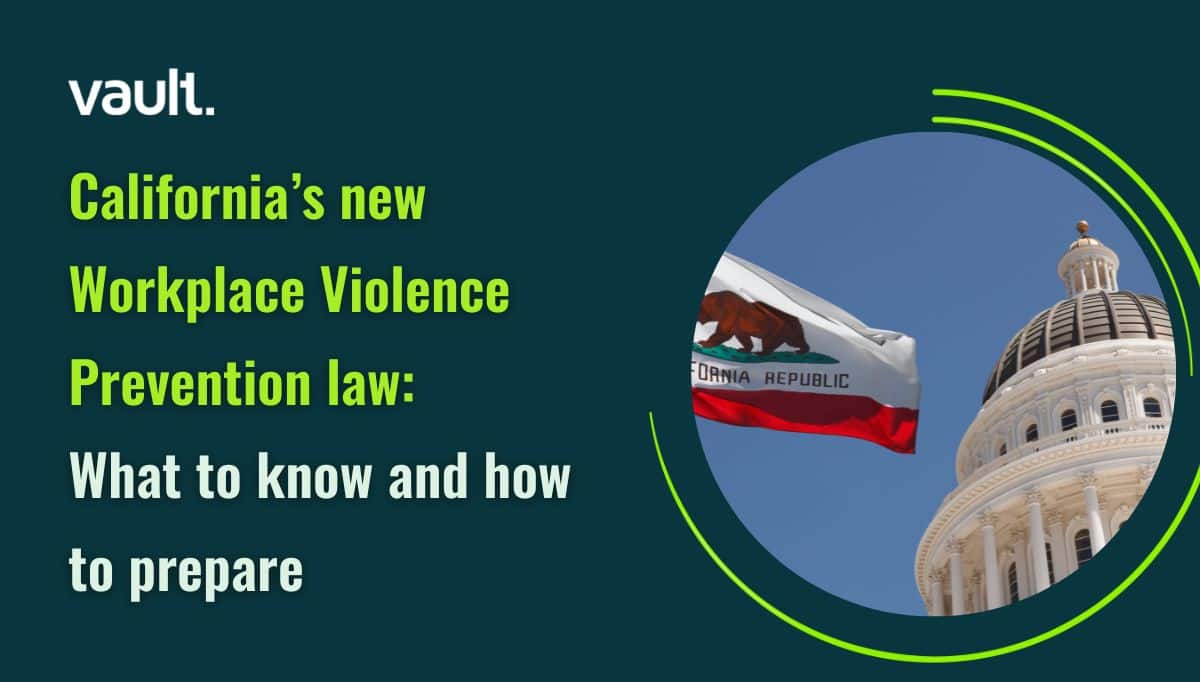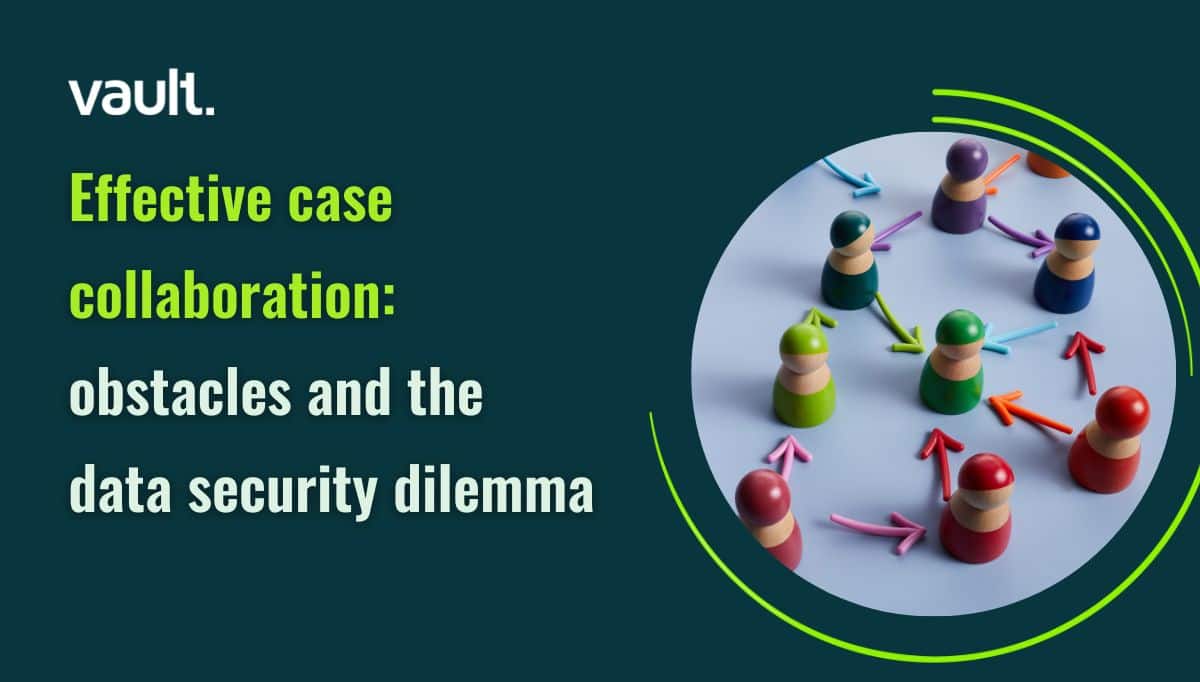Over the course of the last 12 months, business ethics has shifted from being a sizable but somewhat intangible risk to being the biggest challenge on the governance agenda, holding significant sway over the reputation of a company.
This was the key finding of the inaugural ESG Risks and Reputation report, released this week by BOLDT, a pan-European business strategy consultancy. The report assessed FTSE350 companies and analyzed their reputations across a standardized set of Environmental, Social and Governance (ESG) factors over the last two years (set by the Sustainability Accounting Standards Board’s (SASB), cross-referencing them with the volume of content in the public domain to identify risks to a company’s reputation.
What BOLDT discovered was that over the course of 2020, sentiment dropped across the board with many more companies ending the year with net negative sentiment than in 2019.
Two other primary reputation risks were identified. Labor practices have become a severe risk for companies in many sectors, triggered by mass unemployment due to Covid as well as the revelations of systemic discrimination against Black people and People of Color.
Product safety and quality was also a risk that grew substantially, particular in some sectors.
ESG risk is not the same for everyone
One interesting observation is that while E, S, and G sit together in one acronym it is unwise to assume they have equal weighting, with the exact mix varying wildly from company to company and risk profiles changing in parallel.
According to Jon Rhodes, BOLDT Partner and co-author of the report: “The volume of risk around ESG issues has been growing for several years, but the unprecedented events of 2020 brought forward some of those risks as acute factors for reputation. While many companies tend to focus on the more publicly-facing ESG issues around the environment and society, they may be shocked that a governance factor, business ethics, was by far the greatest reputation risk. 2020 also presents businesses with an opportunity to better shape future reputations though, by understanding how its disruption should inform their future approach, and what action to take.”
We’re seeing the impact of this thinking in the US, where newly-minted President Joe Biden is taking a hard line on ESG, instructing the US government to pause and review all oil and gas drilling on federal land, eliminate fossil fuel subsidies, and transform the government’s vast fleet of cars and trucks into electric vehicles.
Drive for social and environmental justice
Biden pledged to put “environmental justice” front and center to help mitigate the disproportionate effects of climate change on Black and brown communities in the US.
One of the many revelations of 2020 is that certain groups are more vulnerable to ESG risks than others and while many change initiatives are designed to move the needle on a global level, Black and indigenous people, for example, are often dealing with the impact of such issues within their own communities.
Time and again we find that not just empowering people to Speak Up, but enabling stakeholders to effectively listen and respond to concerns, is a key factor in any business perceived as being ethical. It’s not just about how businesses strive to eliminate bad behavior but how they expose and respond to it when it occurs.
For more insight into what drives a ‘purpose-driven company’ and what are the strategic benefits, download our latest issue of Vault Magazine.



